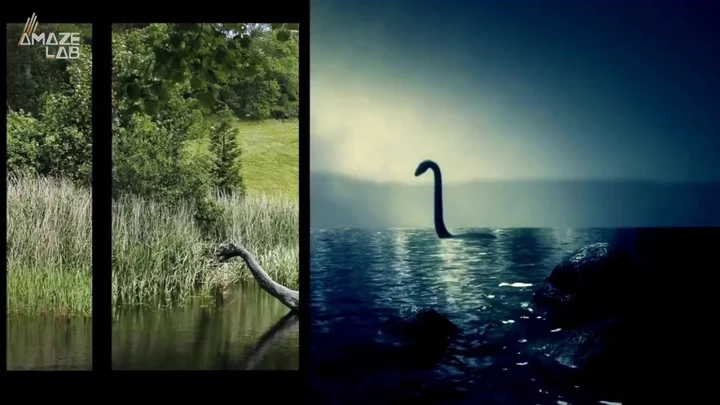Researchers throw a new twist into the age-old Loch Ness Monster tale
The Loch Ness Monster has left people scratching their heads for years, with many claiming they spotted the beast itself. Now, it's got its own "eel hypothesis," a paper dedicated to the theory that such sightings could have been eels. Researchers looked at data from Loch Ness to understand the number of eels there and their average measurements, as per IFL Science. They discovered that the eels were on the smaller side, compared to the estimates of the Loch Ness Monster, said to be roughly 1-2 metres according to one sighting. Another suggested it could be 15-20 metres. "However, this is not quite the ‘monster postulated," the authors told the outlet."Indeed, the probability of finding a 6-meter [20-foot] eel in Loch Ness is essentially zero – too low for the software used to provide a reliable estimate." "Thus, while large eels may account for some eyewitness sightings of large, animate objects rising to the loch surface, they are unlikely to account for 'sightings' of extraordinarily large animals, which may instead be accounted for by wave phenomena, the occasional stray mammal, or other reasons." Sign up for our free Indy100 weekly newsletter It comes after several sightings last year were shot down by an academic who said they were simply whale penises. Michael Sweet, a professor in molecular ecology at the University of Derby, candidly, and informatively, added: "Whales often mate in groups so while one male is busy with the female the other male just pops his d*** out of the water while swimming around waiting his turn. "Everyone’s gotta have a bit of fun, right?" Have your say in our news democracy. Click the upvote icon at the top of the page to help raise this article through the indy100 rankings.

The Loch Ness Monster has left people scratching their heads for years, with many claiming they spotted the beast itself.
Now, it's got its own "eel hypothesis," a paper dedicated to the theory that such sightings could have been eels.
Researchers looked at data from Loch Ness to understand the number of eels there and their average measurements, as per IFL Science.
They discovered that the eels were on the smaller side, compared to the estimates of the Loch Ness Monster, said to be roughly 1-2 metres according to one sighting. Another suggested it could be 15-20 metres.
"However, this is not quite the ‘monster postulated," the authors told the outlet."Indeed, the probability of finding a 6-meter [20-foot] eel in Loch Ness is essentially zero – too low for the software used to provide a reliable estimate."
"Thus, while large eels may account for some eyewitness sightings of large, animate objects rising to the loch surface, they are unlikely to account for 'sightings' of extraordinarily large animals, which may instead be accounted for by wave phenomena, the occasional stray mammal, or other reasons."
Sign up for our free Indy100 weekly newsletter
It comes after several sightings last year were shot down by an academic who said they were simply whale penises.
Michael Sweet, a professor in molecular ecology at the University of Derby, candidly, and informatively, added: "Whales often mate in groups so while one male is busy with the female the other male just pops his d*** out of the water while swimming around waiting his turn.
"Everyone’s gotta have a bit of fun, right?"
Have your say in our news democracy. Click the upvote icon at the top of the page to help raise this article through the indy100 rankings.

